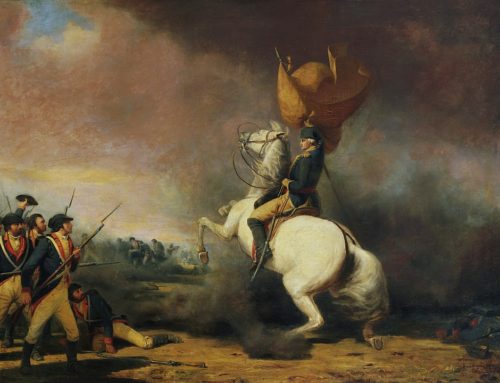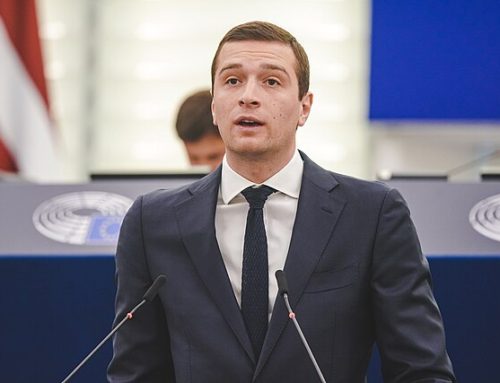“I should state that at all times the idea of doing only first-class business and that in a first-class way, has been foremost in our minds.”
– J.P. Morgan Jr., 1933
Mr. Morgan’s comments truly sound four score years out of date. Alas, the current executives of JPMorgan have flagrantly failed to conduct business in the exemplary manner he prescribed.
The largest U.S. bank by assets faces at least seven Justice Department probes, on matters ranging from energy trading, to misdeeds during the housing boom and bust, to its hiring practices in China. The firm is operating under four regulatory enforcement actions — the most of any major U.S. bank.
According to news accounts based on people who have been briefed on the negotiations, JPMorgan is in discussions to settle regulatory probes related to mortgage-backed securities for $11 billion. The amount would include $7 billion in cash and $4 billion in relief JPMorgan would provide to consumers.
The bank is trying to remake its public image to show more deference toward regulators. CEO Jamie Dimon, who has brashly defended himself and his bank, said in a recent statement issued by the company that “we have accepted responsibility and acknowledged our mistakes from the start, and we have learned from them and worked to fix them.”
The settlement talks appeared to be driven by a strong desire within the bank to settle its legal troubles as quickly as possible.
“The way I see this, JPMorgan would like to avoid the continuing Chinese water torture of reputational damage they’ve been suffering,” said Kathleen Wailes, senior vice president at LEVICK, a public relations and crisis-management firm in Washington, D.C.
But JPMorgan faces a strategic dilemma. If it settles with the authorities, the bank must pay large sums to the government. But if it fights the charges, the bank may anger those same authorities, prompting years of costly litigation and continued scrutiny.
The settlement would address a variety of federal and state probes into JPMorgan’s role in the packaging and sale of mortgage-backed securities during the housing boom and its aftermath. The global settlement would cover probes of JPMorgan’s mortgage business, as well as investigations of similar operations it inherited from Bear Stearns and Washington Mutual, two companies it scooped up during the 2008 crisis.
Negotiations resumed with the U.S. Department of Justice after federal prosecutors delayed a plan to file a lawsuit from the United States attorney’s office for the Eastern District of California. The California case involved the sale of bonds backed by subprime mortgages and other risky home loans between 2005 and 2007.
It is unclear whether the Justice Department will fold that case into a broader settlement.
Despite paying out billions of dollars in fines and reportedly incurring close to $20 billion in legal expenses, JPMorgan is financially strong and is making record profits. It reported net income of $21.3 billion last year and analysts expect profits to be even higher this year.
Four score and seven years after the Declaration of Independence, Abraham Lincoln gave tribute to the Union soldiers who gave their lives so that our union would endure. By contrast, today’s JPMorgan leaders have been AWOL.
Executives of the bank should either pay personally to fund the settlement and/or lose their jobs. Instead, I fear that the victims will be the shareholders — who were not responsible for the misdeeds of the bank. JPMorgan’s senior management appears willing to bribe government officials, using shareholder money, not to bring cases against their executives.
But unless high-level executives are forced to make sacrifices, JPMorgan will likely continue to undertake questionable practices. Senior managers simple have no “skin” in the settlement.
The American public has not won until Wall Street executives live up to the standards J.P. Morgan Jr. set so long ago.



